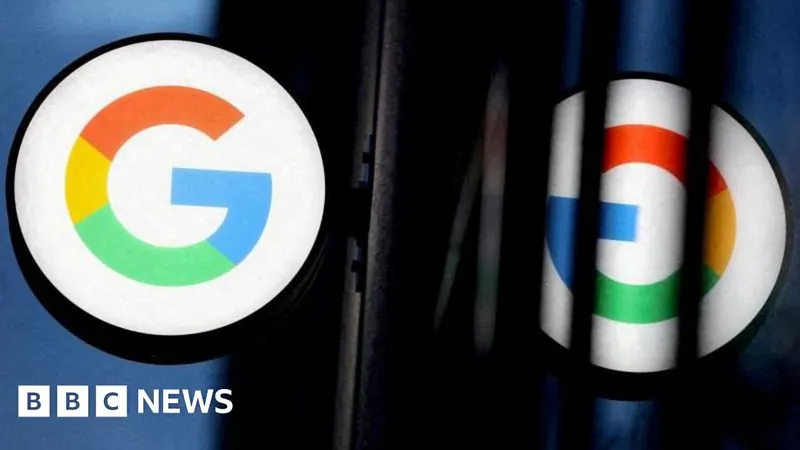
Major Legal Setback for Google: Judge Orders Open Access to Competitors on Play Store!
2024-10-08
Author: Kai
Major Legal Setback for Google: Judge Orders Open Access to Competitors on Play Store!
In a groundbreaking decision, a US federal judge has mandated that Google must permit rival technology firms to distribute their Android apps on its Google Play store for a three-year period beginning next month. This ruling emerged from a contentious court case initiated by Epic Games, the creator of the wildly popular video game Fortnite.
Google has announced plans to appeal the ruling and is requesting a stay on the implementation of these new requirements. This legal feat comes on the heels of a jury's verdict in December, which sided with Epic Games, suggesting that Google had been stifling competition by monopolizing app distribution and payment processing on Android devices.
In response to the decision, Google expressed concerns regarding consumer privacy and security, claiming that open access may hinder developers' abilities to market their apps effectively and ultimately reduce competition across devices. "The changes would put consumers’ privacy and security at risk," said a Google representative in a public statement.
Legal experts have praised the ruling, viewing it as a significant leap toward challenging the sheer dominance exerted by a handful of technology giants. Professor Rebecca Haw Allensworth from Vanderbilt Law School commented, “It shows that courts are not necessarily opposed to asking dominant platforms to share access with rivals in the name of competition.”
Beyond the order requiring Google to allow access for competing app stores, the judge also called for Google to make its entire catalog of apps accessible to these rival platforms. Mark Lemley, a law professor at Stanford, indicated that while such measures are not typical of antitrust law, they could be necessary once a party has been found to violate those laws.
Google has defended its Play store as being part of a competitive market, pointing to its rivalry with Apple, which was also targeted by Epic Games in 2020. This prior case concluded with an appeals court ruling affirming that Apple does not possess a monopoly on mobile gaming.
The recent ruling against Google is the latest in a series of legal challenges related to competition that have further isolated the tech behemoth. Just last August, US District Judge Amit Mehta ruled in favor of the US Department of Justice, which accused Google of maintaining an illegal monopoly in the online search sector. Similarly, in a separate case last month, arguments were heard regarding Google's hold over the advertising technology market.
Critics of Google assert that the company’s fees—which can reach up to 30% on transactions made through its app store—have inflated prices for consumers. Lee Hepner, Senior Legal Counsel at the American Economic Liberties Project, noted, "That is a rate they were able to charge because they were a monopoly." He believes the recent ruling could pave the way for a more competitive environment, potentially leading to lower prices for consumers and greater opportunities for app developers.
As this legal landscape evolves, many are watching closely to see how the implications will affect competition in the tech industry and what new market dynamics might emerge in the wake of this historic decision. Will this lead to innovative apps and better pricing for consumers? Only time will tell!




 Brasil (PT)
Brasil (PT)
 Canada (EN)
Canada (EN)
 Chile (ES)
Chile (ES)
 España (ES)
España (ES)
 France (FR)
France (FR)
 Hong Kong (EN)
Hong Kong (EN)
 Italia (IT)
Italia (IT)
 日本 (JA)
日本 (JA)
 Magyarország (HU)
Magyarország (HU)
 Norge (NO)
Norge (NO)
 Polska (PL)
Polska (PL)
 Schweiz (DE)
Schweiz (DE)
 Singapore (EN)
Singapore (EN)
 Sverige (SV)
Sverige (SV)
 Suomi (FI)
Suomi (FI)
 Türkiye (TR)
Türkiye (TR)